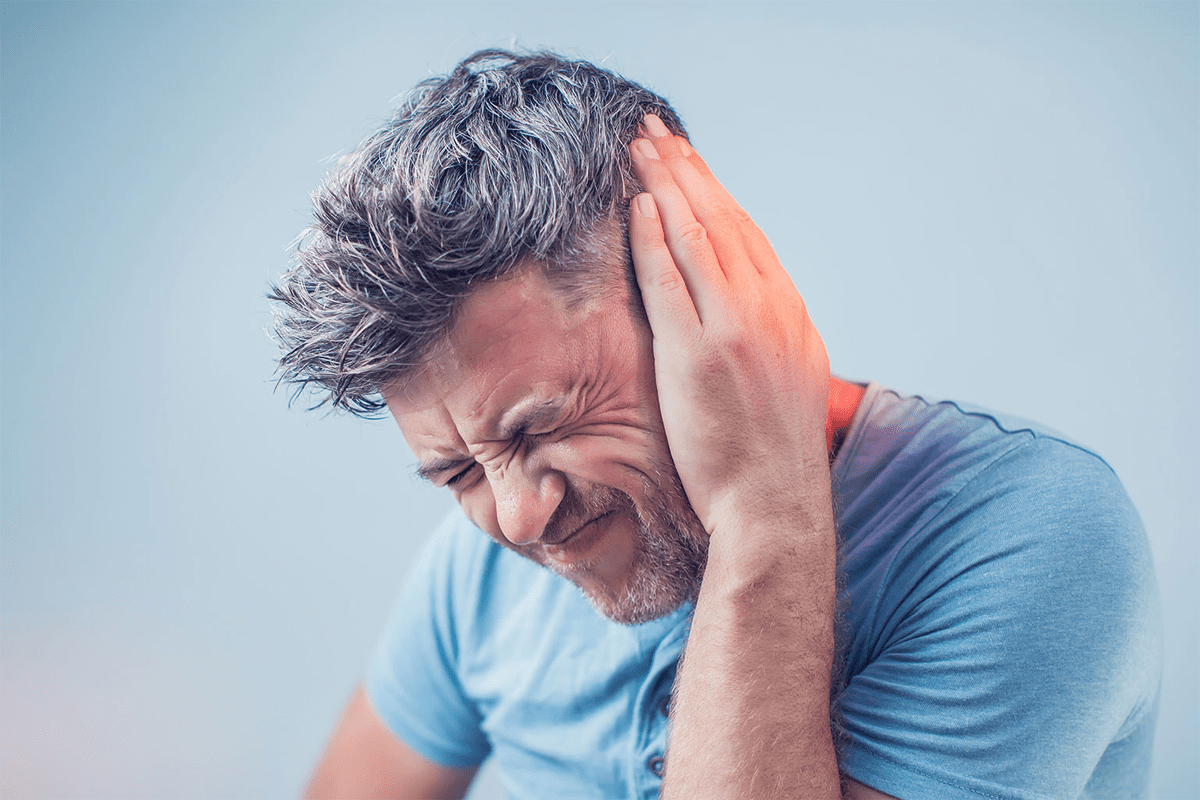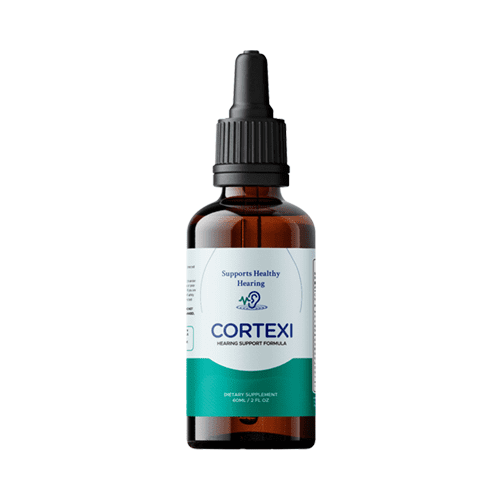What is Tinnitus?

Tinnitus is a condition that affects millions of people worldwide, characterized by the perception of sound or ringing in one or both ears without an external source. The sound can be described as buzzing, ringing, hissing, whistling, or roaring and may occur in one or both ears. It can range from being just an annoying inconvenience to an incapacitating condition that negatively impacts the quality of life.
Below is information on the causes, symptoms, and potential treatments options.
What Causes Tinnitus?
Tinnitus is not a disease but rather the symptom of another underlying issue. There are multiple factors that could contribute to its development, including:
- Age-related hearing loss: As we get older, the cells in our ears that detect sound become less efficient at doing so. This can result in decreased sensitivity to sound and an increase in tinnitus sensation.
- Exposure to loud noise: Loud noise can damage the cells in our ears that detect sound, leading to hearing loss and increased symptoms.
- Ear Infections: Ear infections can cause inflammation and damage to cells that detect sound, leading to an increase in symptoms.
- Ototoxic medications: Some drugs can damage the cells in our ears that detect sound, leading to hearing loss and an increase in tinnitus perception.
- Meniere’s disease: Meniere’s is an inner ear disorder that may cause tinnitus, vertigo, and hearing impairment.
- Head and Neck Injuries: Trauma to the head or neck can damage cells in our ears that detect sound, leading to hearing loss and increased symptoms.
Symptoms of Tinnitus?
Tinnitus is typically described as a buzzing or ringing in the ears. When asked to elaborate on what that means, people with tinnitus describe it as buzzing, ringing, hissing, whistling, or roaring and can affect one or both ears. This sound may be constant or intermittent and present in both quiet and noisy environments.
- Difficulty Sleeping: The constant noise can make it difficult to fall or stay asleep, as well as cause difficulty concentrating on tasks that require focus.
- Difficulty concentrating: Similarly to sleeping, the constant white noise can make it difficult to concentrate on tasks that require focus.
- Anxiety and Depression: It may cause anxiety and depression, especially if the condition is severe and negatively impacts a person’s quality of life.
Treatment Options for Tinnitus
Though there is currently no cure for tinnitus, there are several treatments that can help manage its symptoms. These include:
- Hearing Aids: Hearing aids can amplify external sound, making it easier to hear and decreasing tinnitus’ perception.
- Sound Therapy: Sound therapy is an approach that utilizes sounds designed to mask the perception of tinnitus. This could include white noise, pink noise, or other relaxing noises.
- Cognitive-behavioral Therapy: Cognitive-behavioral therapy can assist individuals in changing the way they perceive and respond to tinnitus, thus relieving some of the emotional distress caused by this condition.
- Medication: Certain medications can help to reduce the perception of tinnitus. Examples include antidepressants, antianxiety drugs, and anticonvulsants. An over-the-counter option is Quietum Plus.
- Tinnitus Retraining Therapy: Tinnitus retraining therapy involves counseling and sound therapy to help a person become habituated to the perception of tinnitus, thus relieving some of the emotional distress caused by it.
* These statements have not been evaluated by the Food and Drug Administration. This product is not intended to diagnose, treat, cure or prevent any disease.




